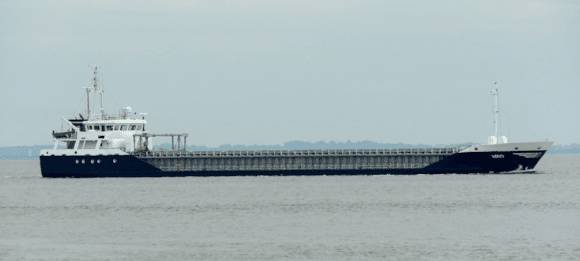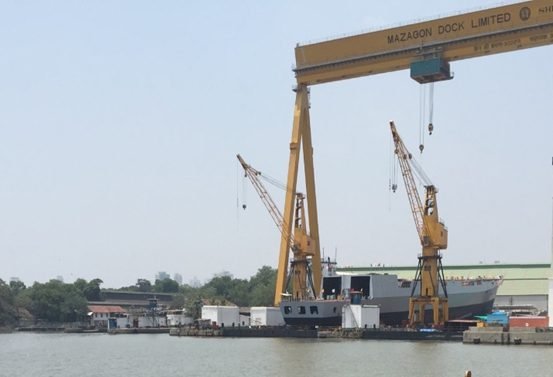A new report by Lloyd’s Register (LR), launched at the UN Ocean Conference 2025 in Nice, highlights that proactive measures to support marine biodiversity can enhance operational efficiency and attract commercial incentives. The Shipping Biodiversity Report offers science-based guidance for shipowners, operators, regulators, and policymakers aiming to balance marine biodiversity protection with operational effectiveness.
The report emphasizes the financial and reputational risks associated with poor environmental practices. Ships that fail to meet noise and discharge standards may miss out on port incentives and face restrictions in ecologically sensitive areas. In contrast, adopting greener technologies and sustainable practices, such as reducing speed in critical habitats, can yield operational benefits and commercial rewards.
Key recommendations include integrating biodiversity considerations during vessel design and embracing technology and digital solutions. The report also addresses the environmental pressures caused by shipping activities, such as the introduction of invasive species, harmful discharges, and physical impacts like ship strikes, all of which threaten marine ecosystems.
Sahan Abeysekara, LR’s Lead for Environment Policy and Strategy, emphasized the need for effective marine ecosystem management to ensure the long-term sustainability of the shipping industry, noting that synergy with decarbonization efforts can be mutually beneficial. The Shipping Biodiversity Report is the first in a series aimed at exploring technological and operational solutions for environmental management.
Share it now

















